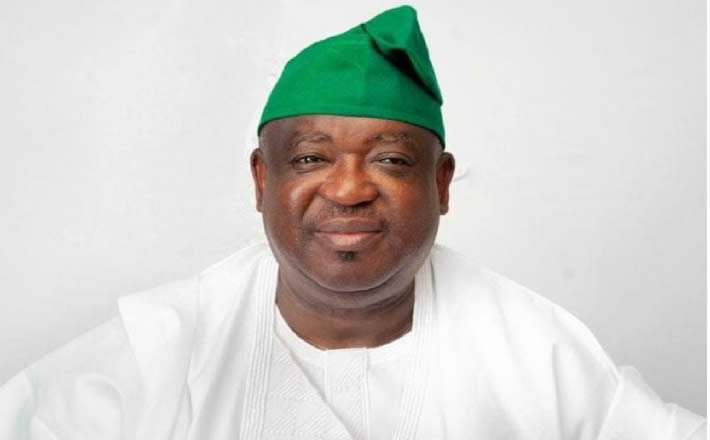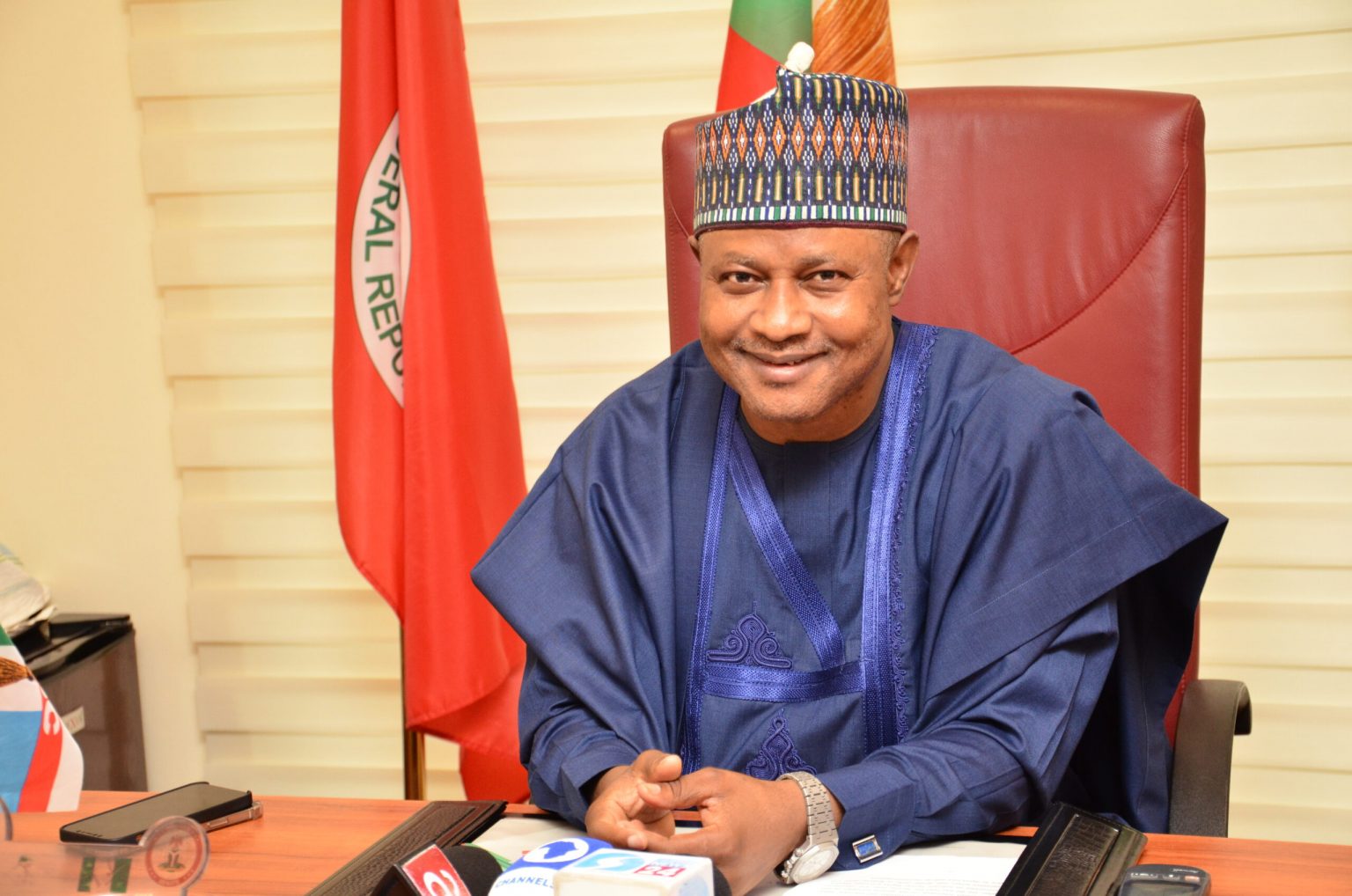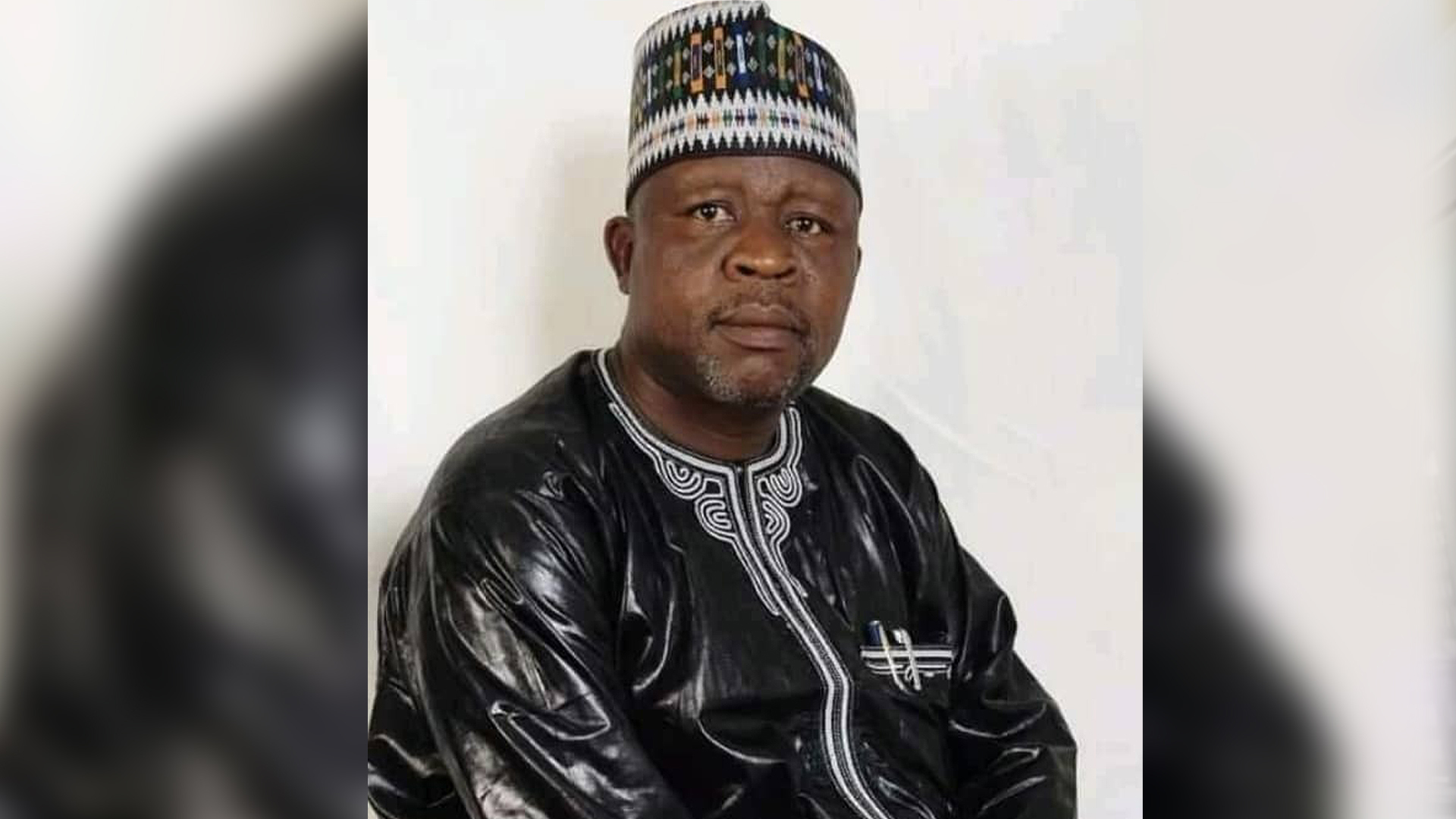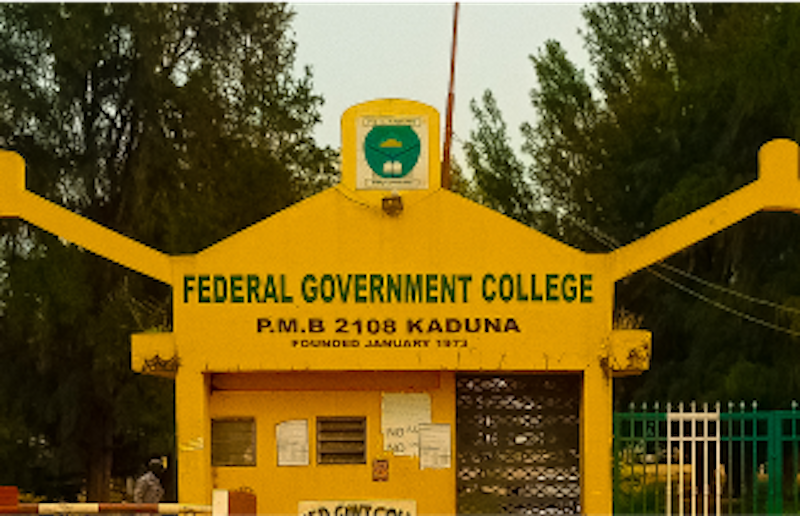Security
Kaduna governor pledges support for security agencies

Kaduna governor pledges support for security agencies
Governor Uba Sani of Kaduna State has pledged to provide logistics support to security agencies in the fight against banditry, terrorism and other related crimes in the state
This is contained in a statement by the governor’s Chief Press Secretary, Muhammad Shehu.
The governor was quoted to have expressed concern over the insecurity in the state while reiterating that safety and security remained a major plank of his administration’s 7-Point Agenda.
He charged heads of security agencies in the state to facilitate and or organize an all-inclusive security summit to promote community engagement and the creation of public enlightenment on public safety and security.
Meanwhile, the heads of security agencies assured the Governor of their total commitment to the restoration of peace in troubled areas, particularly the eight frontlines Local Government Areas and beyond, while sustaining deployments across the state.
“The maiden meeting received briefings on security challenges arising from banditry activities, kidnapping, communal disputes, phone snatching, the looming threat of fuel shortages, gang fights (Sara suka) and the prolonged power shortage in Ahmadu University, Zaria.
“In attendance at the Security Council were heads of the following Security agencies: Nigerian Army, Nigeria Police Force, Nigerian Air Force, Department of State Services, Nigerian Navy School of Armament Technology, Nigeria Security and Civil Defence Corps and the Kaduna State Vigilance Service.”
The statement added that the meeting resolved to use the Ministries, Departments and Agencies to intensify citizens’ engagement to sensitize the public on the fuel subsidy removal.
It added that government would engage the organized, Petroleum and Natural Gas Senior Staff Association of Nigeria and the Independent Petroleum Marketers Association of Nigeria as well as Petroleum tanker drivers on the fuel subsidy removal.
“The meeting also resolved that State Government should mediate and bring about an amicable resolution of the lingering power issue between Ahmadu Bello University, Zaria and Kaduna DCO to ensure a peaceful and conducive learning environment,” the statement added.
Headlines
Tinubu Postpones Kaduna Trip, Heads to Benue Over Escalating Crisis

President Bola Ahmed Tinubu has rescheduled his planned official visit to Kaduna State and will instead travel to Benue State on Wednesday, June 18, 2025, to address the persistent conflict rocking parts of the state.
According to a statement issued on Monday by Bayo Onanuga, Special Adviser to the President on Information and Strategy, the visit is part of renewed efforts by the Tinubu administration to foster peace and restore stability to communities affected by the recurring violence in Benue.
President Tinubu is expected to engage directly with stakeholders—including traditional rulers, political leaders, religious figures, community heads, and youth groups—during a town hall meeting aimed at identifying lasting solutions to the crisis, which has claimed numerous lives and displaced many residents.
In a show of urgency and commitment, the President has already deployed high-level officials to Benue ahead of his visit. These include the Secretary to the Government of the Federation, the Inspector General of Police, heads of intelligence agencies, the National Security Adviser, and the Chairmen of the Senate and House Defence Committees.
President Tinubu has previously condemned the ongoing violence in Benue, urging all sides to embrace peace, mutual understanding, and unity. He also extended condolences to families who have lost loved ones and those who have suffered due to the prolonged conflict.
Originally scheduled to visit Kaduna State on Wednesday to commission several state government projects, President Tinubu will now carry out the Kaduna leg of his itinerary on Thursday, June 19, 2025.
Headlines
Plateau Governor Sets Up Committee to Probe Two Decades of Attacks

Plateau State Governor, Caleb Mutfwang, has inaugurated a 10-member fact-finding committee tasked with uncovering the root causes of the persistent attacks plaguing communities across the state.
Speaking during the inauguration ceremony on Tuesday in Jos, Governor Mutfwang charged the committee with conducting a comprehensive review of violent incidents from 2001 to date. “We thought that we should set up this high-powered fact-finding committee to look at the incessant attacks on our communities,” the governor stated.
According to Mutfwang, the committee is expected to perform an in-depth assessment of the recurring security breaches, determine the number of affected communities, and assess the extent of damage done over the years. “We want to understand the root causes and propose actionable recommendations for lasting peace, justice, and stability in the affected communities,” he said.
The committee’s mandate also includes establishing the number of casualties, identifying possible perpetrators and their motives, and uncovering potential routes used by bandits to access Plateau State. “Identify possible routes of bandits into the state and recommend measures to limit their access,” the governor added.
Chairman of the committee, retired Maj.-Gen. Rojas Nicholas, thanked the governor for the confidence reposed in the members. He pledged that the committee would approach its assignment with fairness and commitment. “We will do our best to produce a report that would befit its assignment,” Nicholas assured.
The committee is expected to submit its findings and recommendations in due course, with hopes that the report will provide a pathway to durable peace and security in the state.
Security
Eid-el-Fitri: FRSC deploys 1500 personnel in Delta

The Federal Road Safety Corps (FRSC), Delta State Command, has deployed 1,500 personnel, including regular and special marshals, to various locations in the state to ensure safety during the Eid-el-Fitr celebration.
Mr Frederick Ogidan, Sector Commander, FRSC, said this on Friday in an interview with the News Agency of Nigeria (NAN) in Asaba.
Ogidan said that a total of 1,500 personnel and special marshals, 20 patrol vehicles, two bikes and two ambulances would be deployed in the state for effective enforcement and emergency response during the festivity.
“Additionally, a 70 tonne heavy-duty tow truck and strategic collaboration with the State Tow Truck Association have been put in place for swift clearance of road obstructions.
“As we celebrate, motorists are advised to avoid speeding, dangerous overtaking, overloading and driving under the influence of alcohol or drugs.
“Passengers should also play their parts by calling drivers to order when necessary, while pedestrians must use designated crossings.
“I wish the Muslim community in Delta State a peaceful, joyful and crash-free Eid-el-Fitri celebration.
“Let us all celebrate responsibly and prioritise safety on our roads,” he said.
-

 Headlines4 years ago
Headlines4 years agoFacebook, Instagram Temporarily Allow Posts on Ukraine War Calling for Violence Against Invading Russians or Putin’s Death
-

 Headlines4 years ago
Headlines4 years agoNigeria, Other West African Countries Facing Worst Food Crisis in 10 Years, Aid Groups Say
-

 Foreign4 years ago
Foreign4 years agoNew York Consulate installs machines for 10-year passport
-

 News1 year ago
News1 year agoZero Trust Architecture in a Remote World: Securing the New Normal
-

 Entertainment3 years ago
Entertainment3 years agoPhyna emerges winner of Big Brother Naija Season 7
-

 Headlines1 year ago
Headlines1 year agoNigeria Customs modernisation project to check extortion of traders
-

 Entertainment2 years ago
Entertainment2 years agoMovie download platform, Netnaija, announces closure
-

 Economy2 years ago
Economy2 years agoWe generated N30.2 bn revenue in three months – Kano NCS Comptroller











